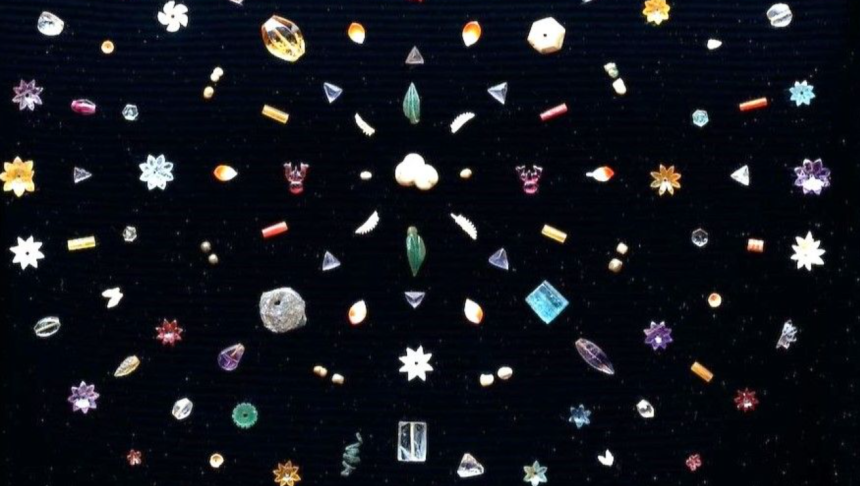Sotheby’s has postponed a highly anticipated auction in Hong Kong featuring ancient jewels linked to the historical Buddha, following a legal notice and diplomatic pressure from the Indian government. The decision, announced on May 7, 2025, came just hours before the scheduled sale of the Piprahwa gems—a collection of 334 precious stones excavated in 1898 from a stupa in northern India.
India’s Intervention: Legal and Ethical Grounds
India’s Ministry of Culture issued a formal legal notice to Sotheby’s Hong Kong, asserting that the auction violated Indian laws, international norms, and United Nations conventions. The ministry emphasized that the relics are sacred and constitute the inalienable religious and cultural heritage of India and the global Buddhist community. It demanded the immediate halt of the sale, repatriation of the relics, and a public apology from both Sotheby’s and Chris Peppé, the great-grandson of British colonialist William Claxton Peppé, who originally excavated the relics.
The Indian government warned that failure to comply would result in legal actions and public advocacy campaigns highlighting the auction house’s role in perpetuating colonial injustice and the unethical sale of religious relics.
Sotheby’s Response and Auction Postponement
In response to the legal notice and ensuing controversy, Sotheby’s announced the postponement of the auction, stating that the decision was made in light of the matters raised by the Government of India and with the agreement of the consignors. The auction house expressed its intention to allow for discussions between the parties and looked forward to sharing any updates as appropriate.
Following the announcement, Sotheby’s removed promotional materials and online notices related to the auction from its website. The Indian Ministry of Culture expressed satisfaction with the postponement, crediting its intervention for the outcome.
Historical Significance of the Piprahwa Gems
The jewels in question, known as the Piprahwa gems, were discovered in 1898 by William Claxton Peppé in Piprahwa, present-day Uttar Pradesh, India. They were found buried together in reliquaries with the corporeal relics of the historical … date back to around 240- … BCE. The collection includes amethysts, garnets, and pearls, and is believed to have been originally buried with the Buddha’s cremated remains.
While a significant portion of the discovery was given to a colonial museum, Peppé’s descendants retained a portion, which was slated for auction. The planned sale had an estimated value of HK$100 million and had sparked international outcry among Buddhist communities and scholars.
Broader Implications and Ongoing Discussions
The postponement of the auction has reignited debates over the ownership and ethical considerations surrounding cultural and religious artifacts, especially those acquired during colonial times. Legal experts suggest that the sale could breach multiple Indian heritage laws, with disputes persisting over ownership rights.
Sotheby’s has indicated that the postponement will allow for further dialogue between the involved parties. The Indian government continues to advocate for the repatriation of the … , emphasizing their significance to India’s cultural and religious heritage.











